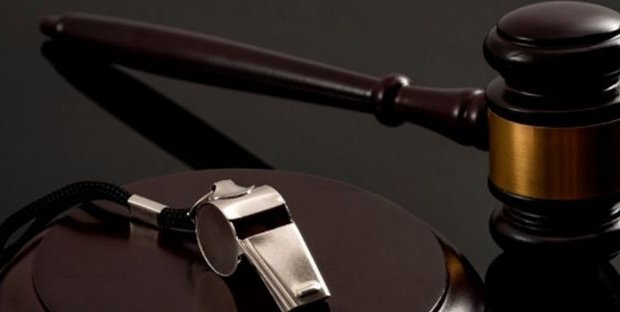

The European Court of Human Rights (ECHR) has made an important decision regarding whistleblowing, which was made independently of the Whistleblowing Directive.
The court had to rule on a whistleblower who, while working as a doctor, had come across evidence that several patients had died as a result of morphine being given. He suspected that the deaths were the result of active euthanasia and reported the treating physician to the competent public prosecutor’s office. He had not tried to investigate the case internally. Preliminary proceedings were initiated against the treating physician, which however were closed in the same year. The hospital then terminated the whistleblower without prior notice. The whistleblower’s action against the termination was unsuccessful in all instances.
The ECHR examined the termination in the context of freedom of expression under Art. 10 ECHR and declared it lawful. According to the ECHR, the whistleblower should have first tried to obtain further internal clarification. He had not made all reasonable and possible attempts to review whether the accusations were “true and reliable”. The ECHR thus states a mandatory obligation to investigate for whistleblowers, which the Whistleblowing Directive and the draft bill do not provide for. Accordingly, whistleblowers are already protected if there are substantial indications that the reported information is true.
This decision sums-up six crucial principles for whistleblower protection, respectively for the whole whistleblowing process. The question of whether and when the whistleblower is obliged to use internal whistleblowing channels, and the obligation of the whistleblower to verify his/her suspicions as much as possible prior to the publication of the suspicious notice were examined.
For more information and detailed analysis of the ECHR decision click here.
Source: www.riskcompliance.biz